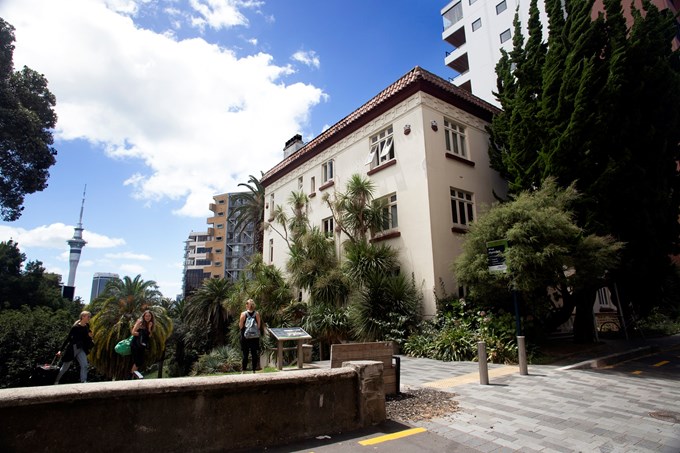Members of Auckland Council’s Environment and Community Committee were today unanimous in their support to increase the councils Regional Historic Heritage Fund, voting to increase the fund from the current $84,000 fund to an amount of up to $500,000.
The Regional Historic Heritage Fund is open to Historic Heritage Places that are scheduled in the Auckland Unitary Plan, with the fund prioritising places with demonstrated regional significance.
Councillor Penny Hulse, chair of the Environment and Community Committee, explains that the Regional Historic Heritage Fund is the council’s main incentive for good heritage outcomes on privately-owned historic heritage places.
“More than two-thirds of the Historic Heritage Schedule, over 1500 places, are maintained by private landowners,” says Councillor Hulse.
“By helping to look after Auckland’s heritage, private landowners provide a public benefit to all Aucklanders, but they also bear the costs of retention, maintenance, and repair. By voting to significantly increase the fund, our councillors have signalled their desire for better outcomes for Auckland’s Historic Heritage.”
The council will work within existing budgets so that the additional budget for the fund is cost-neutral; council staff will report back how this reallocation can be achieved through the Annual Plan. Staff have indicated that the total increase to the fund will be capped to what can be reallocated within the existing Heritage Unit Budget.
The council’s financial incentives that support the protection of ‘privately-owned’ Historic Heritage include the following funds:
- The Regional Historic Heritage Fund
- The Built Heritage Acquisitions Fund, a capex fund developed for purchasing at-risk heritage buildings, applying the necessary protections and then selling the building back into the private market.
- Local Board Grants programmes, local boards have discretion on funding levels for different outcomes in their area
- Free/subsidised technical advice for Resource Consents, currently, this involves not billing applicants’ professional fees for heritage specialists, where the application will result in a good heritage outcome.
Previous recipients of the Regional Historic Heritage Grants Fund include:
Restoration of a stained-glass window at Christ Church in Ellerslie, preparation of a conservation plan for Espano Flats in Auckland’s city centre and physical works to improve the weather-tightness of Foresters Hall in Freemans Bay and the Stonemason’s House in Parnell.

The council also has budgets specifically for council-owned heritage places in addition to regular renewals budgets, these include:
The Council Heritage Assets Fund - a $6m capex fund earmarked for the conservation of council-owned heritage buildings. The budget for this fund begins in 2023 and detailed policy for its distribution is currently being prepared.
Sites of Significance Infrastructure Development - a fund proposed by the Independent Māori Statutory Board. Its purpose is to fund an infrastructure programme to restore, celebrate and promote access to certain Sites of Significance to Mana Whenua.
More information about Historic Heritage
Historic Heritage is considered a “matter of national importance” under the Resource Management Act and is identified in the Auckland Unitary Plan within the Schedule of Historic Heritage Places and Areas (Schedule 14).
A wide variety of places are included in Schedule 14, including buildings, structures, archaeological and cultural sites, trees, landscapes, and areas containing any or all the above. Places can represent multiple aspects of history, and collectively they tell a story of the development of Auckland by Māori, Europeans, and other groups. There are also hundreds of places in the schedule that relate exclusively or predominantly to Māori Heritage.
Approximately 68 per cent of Places on Schedule 14 are in private ownership, which means the council relies on private owners to proactively maintain and conserve historic heritage for the benefit of present and future generations. This private cost is recognised in the Unitary Plan objectives and policies for the Historic Heritage Overlay, and incentives for private landowners are explicitly recognised as a method for addressing these private costs.


